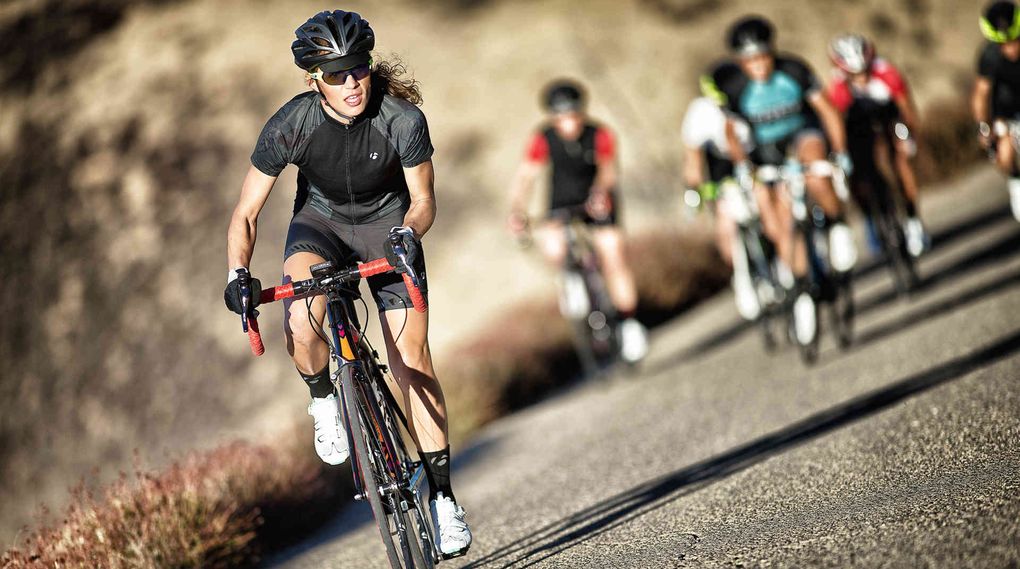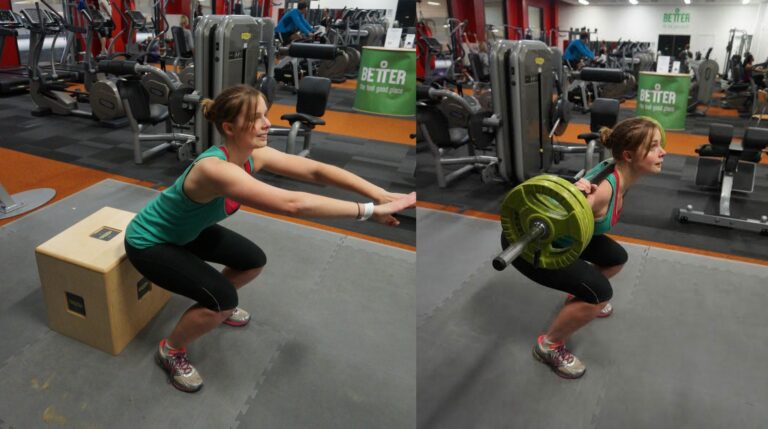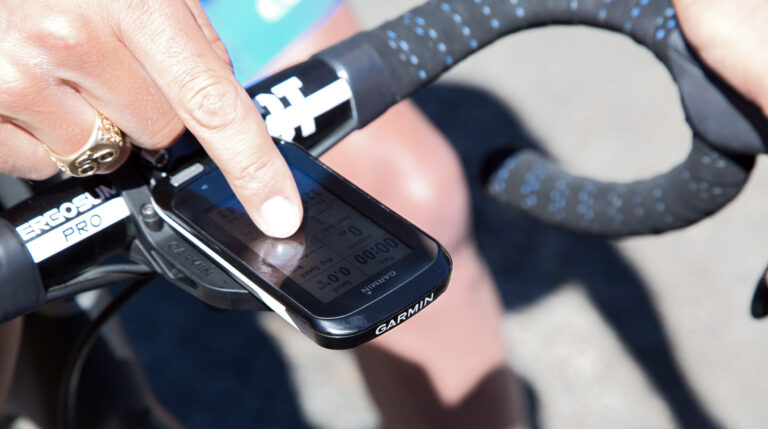“The race is won by the rider who can suffer the most” (Eddy Merckx). “Shut Up Legs” (Jens Voigt). “As long as I breathe I attack” (Bernard Hinault). Sorry none of those come from pro-women – perhaps they’re not so big on pre-match smack downs, but women certainly know how to attack and make a ride hurt.
An attack in a race format is when a rider decisively ups the pace to split up the group, or even get away on their own. When that happens – you’ve got two choices: give up, or follow (and perhaps get them back with a counter attack).
Tough moments don’t just happen in racing – they can happen when you’re struggling on a club ride, on a tough climb, or over the last ten miles of a sportive.
Choosing to follow can take guts, and it can hurt, but only for as long as the pace stays high – and the alternative to following is more than likely dropping off and letting someone else win the race.
Those short sharp efforts can be just as mentally painful as they are physically tough, and in many cases it’s usually the mind that gives up before the body. They don’t just happen in racing, either – they can happen when you’re struggling on a club ride, on a tough climb, or over the last ten miles of a sportive when that roaring headwind just won’t go away.
We spoke to Sports Psychology Consultant Dr Josephine Perry of Performance in Mind to gather some advice on how to deal with the really tough moments.











